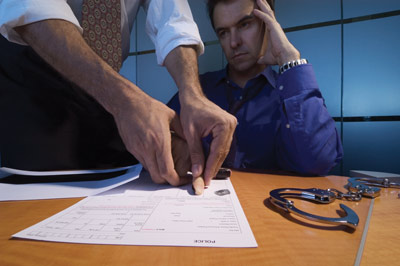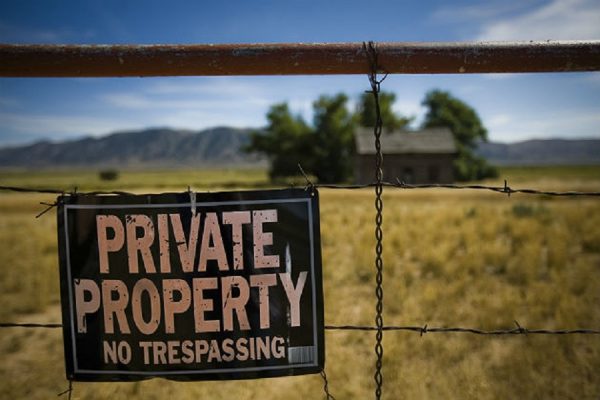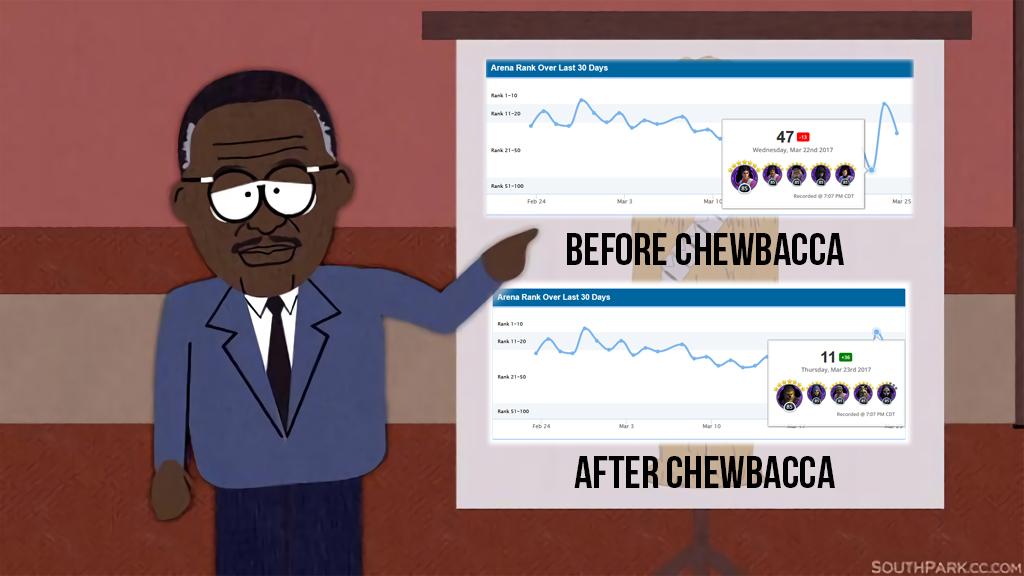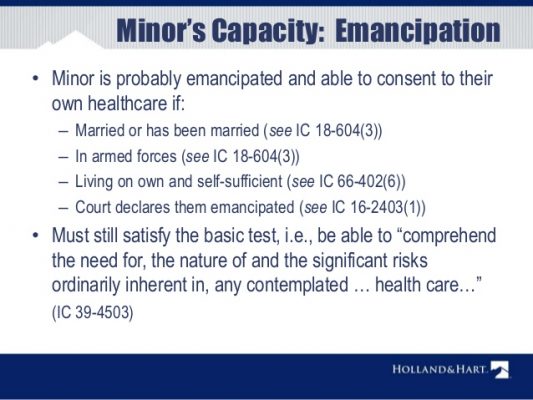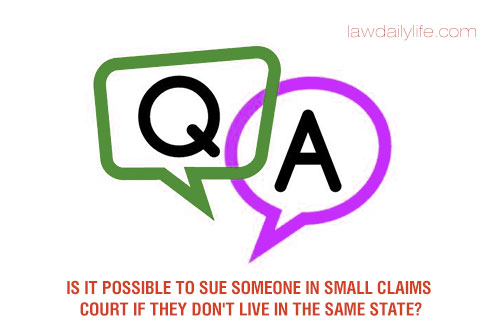If you’re accused of crime, you’re probably wondering what will end up on your record, especially if you’re not convicted. Unfortunately, the answer — as it almost always is when it comes to legal matters — is that it depends on a lot of factors, most notably state laws.
Let the Record Reflect
Every state has its own criminal justice system guided and informed by its notions of the system’s goals. Some states seek to minimize consequences of criminal activity for people in the hope that reform is possible. Some states seek retribution only. This makes a difference in how they approach a record and expungement, both in theory and in practice.
Florida is strictly retributive, for example, seeking only to punish criminals and not reform them. So the state’s laws are pretty lax about what goes on your record and strict about expunging, or removing things from it.
Arrests in Florida are widely publicized in local newspapers that have the week;s accused as their sole content. Meanwhile, the courts are not quick to cover much, although there are certainly provisions of rexpungement. Juvenile convictions can prevent young people from pursuing certain careers, as escaping even a youthful offense there is difficult. But it can be done.
Meanwhile, California’s approach to criminality is generally much less retributive. A person may even seek to expunge an arrest through the arresting agency if it didn’t ultimately result in a charge filed by the state attorney. If that fails, the petition can be filed with the courts. In that way, an arrest cannot mar a record unless a crime is charged.
The Record in Theory
Although the record sounds scary, it should not be in theory. If you are not convicted of a crime, the record will reflect how that happened, whether charges were never filed, or were dropped, or you were found not guilty at trial. Similarly, a conviction will show a plea or a trial.
It’s definitely going to be more complicated to explain conviction than a more positive outcome, but an error in the record can be corrected. If you discover that the court clerk somehow failed to file the positive resolution of your charges, petitioning the court for an accurate record is possible wherever you’ve been charged.
